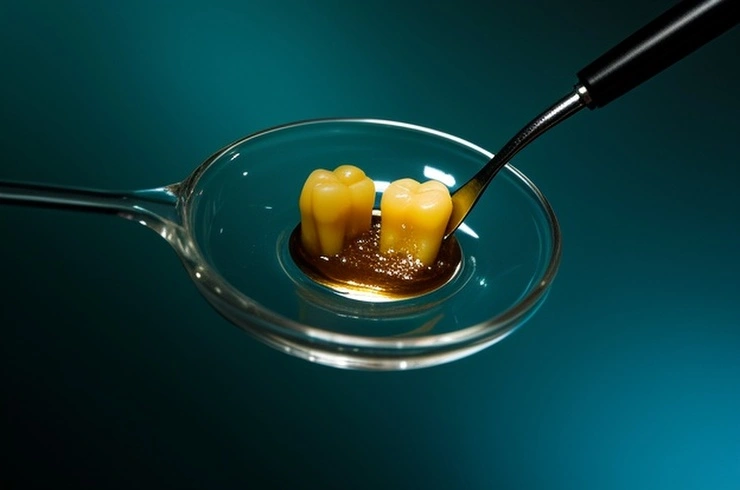
For many, a cavity diagnosis evokes dread, but hearing "incipient caries" from your dentist offers a glimmer of hope. In contrast to past practices where any sign of decay meant immediate drilling and filling, modern dentistry embraces non-invasive strategies to tackle early-stage cavities, stopping them from worsening.
What Are Incipient Lesions?
Incipient lesions, or caries, are areas of early tooth decay resulting from repeated exposure to bacterial acids that demineralize enamel. They commonly form where plaque accumulates, such as along gum lines, in molar grooves, or around existing fillings. These early lesions can either progress into the softer dentin or heal through a process called remineralization.
The Ohio Department of Health notes that active demineralized areas on enamel appear chalky and feel rough to a dental instrument. Conversely, a lesion that has begun to heal will present as shiny, hard, and smooth.
Managing Incipient Caries: Non-Invasive Approaches
The American Association of Dental Consultants advocates for remineralization techniques to halt or reverse initial decay, citing their cost-effectiveness and tooth-preserving benefits. A study in the Journal of the American Dental Association highlights that for non-cavitated incipient caries (those free of bacteria), topical fluoride and sealants are the most effective remineralization methods. Here's a closer look at these and other non-invasive remedies:
Fluoride: This mineral strengthens teeth by combining with enamel's calcium phosphate and replaces lost minerals, thereby arresting decay. Beyond its presence in water supplies and toothpastes, dentists may recommend professional topical treatments like acidulated phosphate fluoride gel or varnishes for an extra boost.
Sealants: Applied to the chewing surfaces of molars, sealants prevent food and bacteria from entering deep grooves, while simultaneously facilitating remineralization.
Amorphous Calcium Phosphate (ACP): ACP stimulates enamel re-calcification. According to Dental Hygiene Theory and Practice, it also enhances fluoride uptake, improving fluoride's reparative and strengthening properties. ACP is found in various dental products, including gums, cleaning pastes, and varnishes.
Cheese: Surprisingly, the calcium and phosphorous in cheese, milk, yogurt, and other dairy products promote remineralization, especially when consumed alone or at the end of a meal, as per the University of Rochester Medical Center.
Saliva: Beyond washing away food and bacteria, saliva contains fluoride, calcium, and phosphorus, all vital for enamel repair. Chewing sugarless gum or lozenges can stimulate saliva flow.
At-Home Strategies for Prevention and Reversal
Even with an incipient caries diagnosis, you can significantly influence its outcome without needing a drill:
Maintain Excellent Oral Hygiene: Brush twice daily with fluoride toothpaste, floss once a day, and use an antimicrobial mouthwash.
Regular Dental Checkups: Visit your dentist every six months for professional cleanings. This helps identify cavities early, before they necessitate fillings.
Limit Sugary Foods and Drinks: Reduce between-meal snacks and avoid sugary beverages and foods, as their sugars and carbohydrates initiate acid attacks harmful to teeth.
An incipient caries diagnosis isn't ideal, but it's far from the worst news. By consistently practicing good oral hygiene and adhering to your dental professional's advice, that small cavity may very well disappear.
Pro Tip
The content of the article is shared by netizens, please carefully identify it